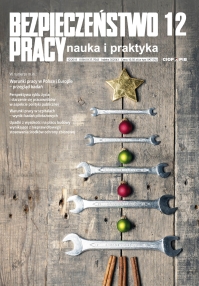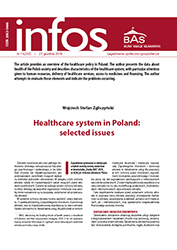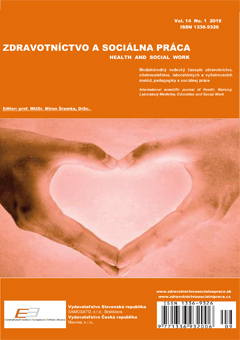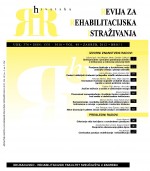МУЗИ З ЛІКАРСЬКИМ САКВОЯЖЕМ: ВІХИ ЛІКАРСЬКОЇ ДІЯЛЬНОСТІ І ЛІТЕРАТУРНОЇ ТВОРЧОСТІ, ОБСТАВИНИ ТА ПРИЧИНИ СМЕРТІ
Tradition of combining medicine and literature has its origins in antiquity. Apollo, the god of poetry and medicine, is a symbol of such wonderful ‘’wedlock’’. Fruitfulness of alike union is undeniable. Most ancient doctors had hu- manitarian education except the medical one and vice versa – outstanding writers often graduated from medical schools. The fact that doctors sometimes change scalpel for pen was noticed long ago. They both are somehow connected the need for figuring out human’s psychology, thoughts, motives of their deeds. “There is no profession nowadays, which would demand such a shrewd and profound contact, such a spiritual and psychic intimacy between an expert and a human being, as a profession of doctor”. Medicine and literature, these equivalent fields of science and arts, which acknowledge human’s life, get into sacramental mysteries of our body and soul and heal not only by means of medical instruments and healthful power of pills but with the bottomless power of word as well, intertwined enormously in a given profession. “This is probably the reason of some affinity between the worldview, outlook, sensory perception necessary for both – literary work and medical practice”. This article provides some common features of medical and artistic practice on the basis of literary data. Aesculapius became popular due to art throughout our history. This work reveals the circumstances and cases of death of some knights of scalpel and pen, such as: Stepan Rudansky and Anton Chekhov (pulmonary tuberculosis), Mikhail Bulgakov (chronic kidney disease, renal failure), Vincent Veresaeva (stroke), Yaroslav Okunevskaya (suicide), Sophia Okunevskaya (appendix, peritonitis) Modest Levitsky (ileus) Janos Korczak (shoot) and Basil Karhuta (myocardial infarction, heart failure). The issue of medical historiography is an immense sphere of culture of the humanity, which gives us an opportunity to analyse an interesting and complicated essence of an artist and a doctor in one person and, in particular, to find out the cases and causes of their death. One of the complications of diphtheria, which suffered Bulgakov, is kidney damage. Moving it to St. Petersburg (adverse climatic conditions) led to the progression of renal disease. Chekhov in his youth suffered peritonitis (presumably tuberculous). Later, after hypothermia, the poet appeared cough, sputum streaked with blood. We know that cold promotes activation of tuberculosis. V.Karhut returned from exile with symptoms of asthma. It is likely that asthma was mixed genesis (bronchial, cardiac), which led to the development of myocardial infarction
More...






